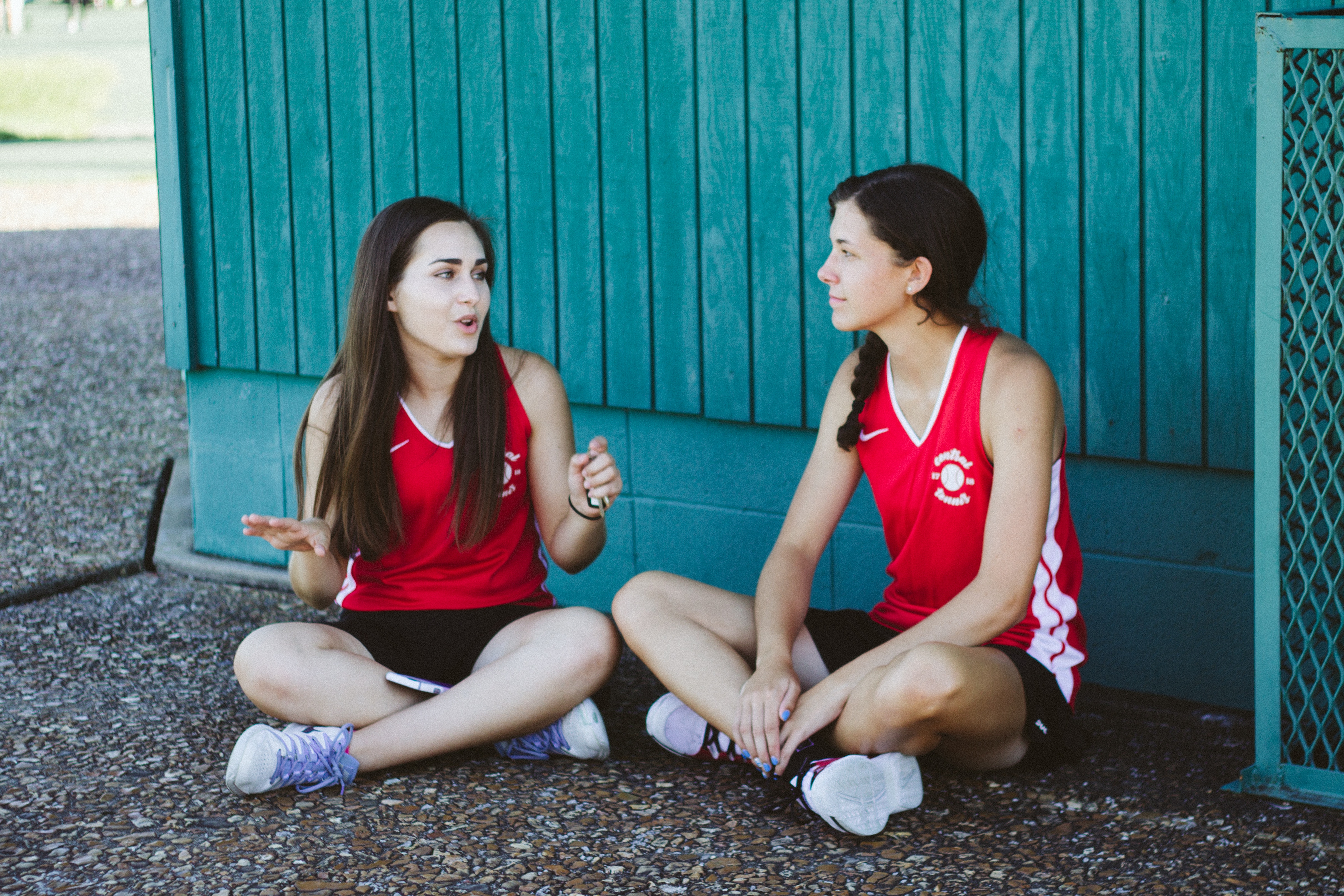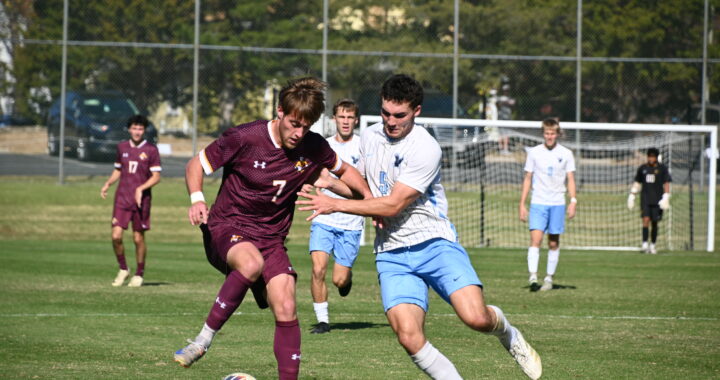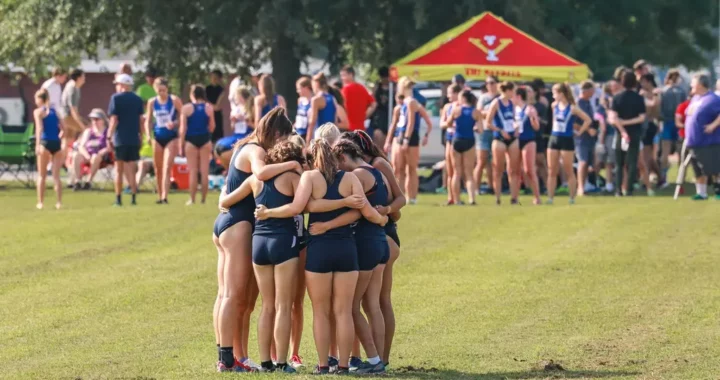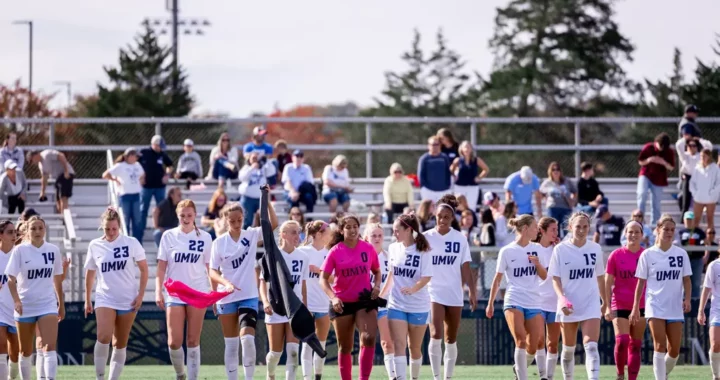Athletes with Type 1 diabetes find support system
3 min read
andrea-tummons-450846-unsplash
By SARAH HAMPTON
Staff Writer
Being a student-athlete comes with many responsibilities, whether they be on the field, in the classroom or in the community. Adding Type 1 diabetes to the mix adds another layer of complexity.
Type 1 diabetes is a chronic autoimmune condition that makes the body unable to produce insulin, which is a hormone that regulates blood sugar. People living with diabetes have to continually check their blood sugar levels throughout the day and night.
For athletes with Type 1, the disease does not hold them back.
“Proper hydration and nutrition on top of a busy life schedule is a tough balance for any athlete to have, but it’s even tougher for those of us with Type 1,” said Christiana Meyers, senior communications major and former UMW women’s soccer player.
“I remember when I was diagnosed, fearing that I would have to give up soccer. Luckily with the help of my family, friends, and doctors, I was able to continue playing soccer and incorporate my care for Type 1 with being an athlete,” Meyers said.
The fluid nature of Type 1 impacts how these athletes train and compete. Blood sugar levels could spike or fall during a competition causing athletes to take a couple minutes on the side.
“There’s nothing more frustrating than doing all the ‘right’ things and still having to sit out due to a high or low blood sugar. It takes a lot of precise calculations and monitoring that other athletes typically don’t need to worry about,” Meyers said.
Senior and psychology major, Amanda St. Cyr, is a Type 1 diabetic and a member of the women’s lacrosse team.
“I’d like to say my diabetes doesn’t bother me while competing, but I can’t. However, I can say that it’s manageable and so worth it in the end to play the game I love and to prove to myself that I refuse to let this condition become an excuse to not follow my dreams,” St. Cyr said.
Being surrounded by understanding and supportive teammates and coaches makes playing with Type 1 even better. Athletes with this condition want to be viewed as any other member of the team. The same expectations and the same standards apply to those even without a properly functioning pancreas.
“I always felt super supported by my teammates and trainer here at UMW regarding my Type 1. From carrying extra sugary snacks in case I needed them to knowing and responding to the signs I would show if my blood sugars were too high or low. I was never made to feel singled out or unsupported with my illness around my teammates,” Meyers said.
“Our trainer, Ian, was someone who I especially felt supported me as a player and a Type 1 diabetic. Ian always made sure that as a player I was injury free, but that my diabetes always took a priority in my health care,” Meyers said.
“It makes a big difference when coaches educate themselves on Type 1 diabetes and familiarize themselves with particular athlete’s triggers and signs; I not only feel supported, I feel safer,” St. Cyr said.
The women’s lacrosse team hosts an annual Type 1 Diabetes Awareness game. It has attracted a lot of attention and was reported on in the “Inside Lacrosse” magazine and on the “IWLCA” blog. Young local athletes have reached out to St. Cyr with letters of appreciation and admiration for being able to compete at the highest level and persevering.
“This game has a lot of significance to me. It’s a day where I am able to show gratitude to everyone who has played a role in our program that has supported me every step of the way while spreading awareness to the community of how to successfully manage and compete with Type 1,” St. Cyr said.
Athletes with Type 1 thrive in the accepting culture and community at UMW. Trainers, coaches, teammates, and professors encourage these athletes on and off the field.
“I think it has been really awesome coming to UMW and meeting other athletes with Type 1. Type 1 can be so overwhelming and frustrating at times, but I always gained inspiration knowing that there were others around me living with this tough disease and accomplishing remarkable things within their respective sport.” Meyers said.


